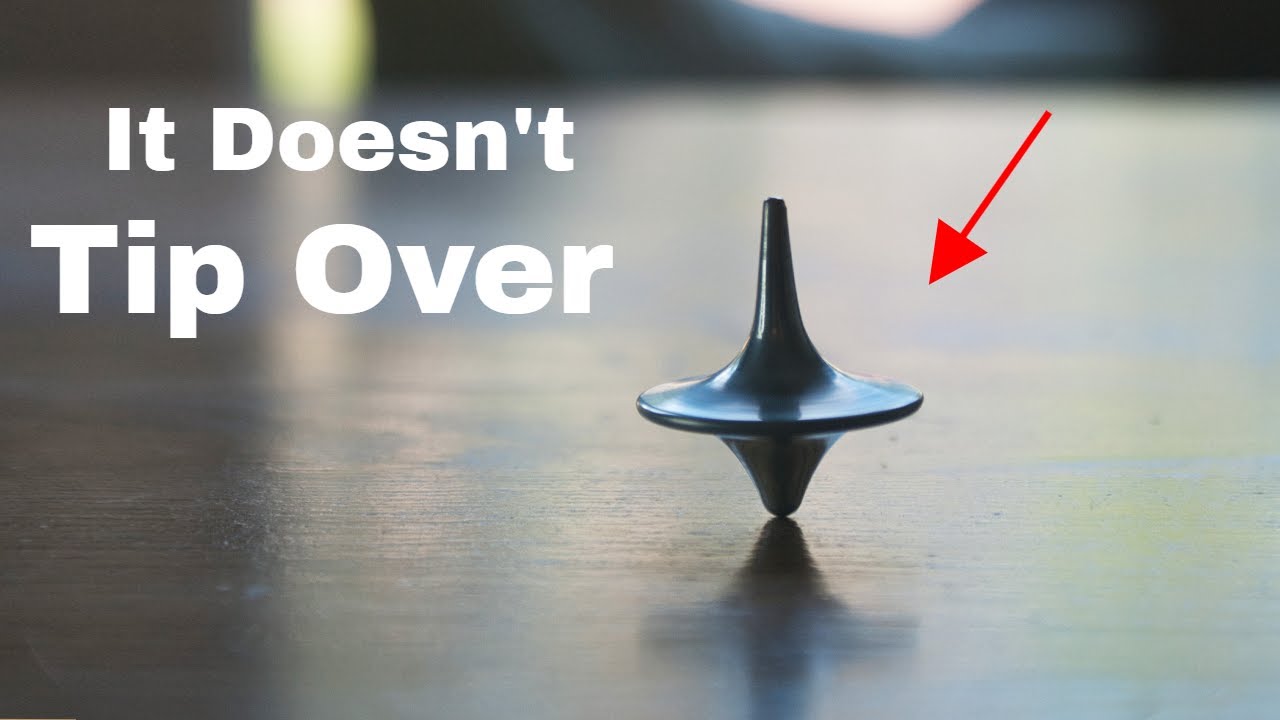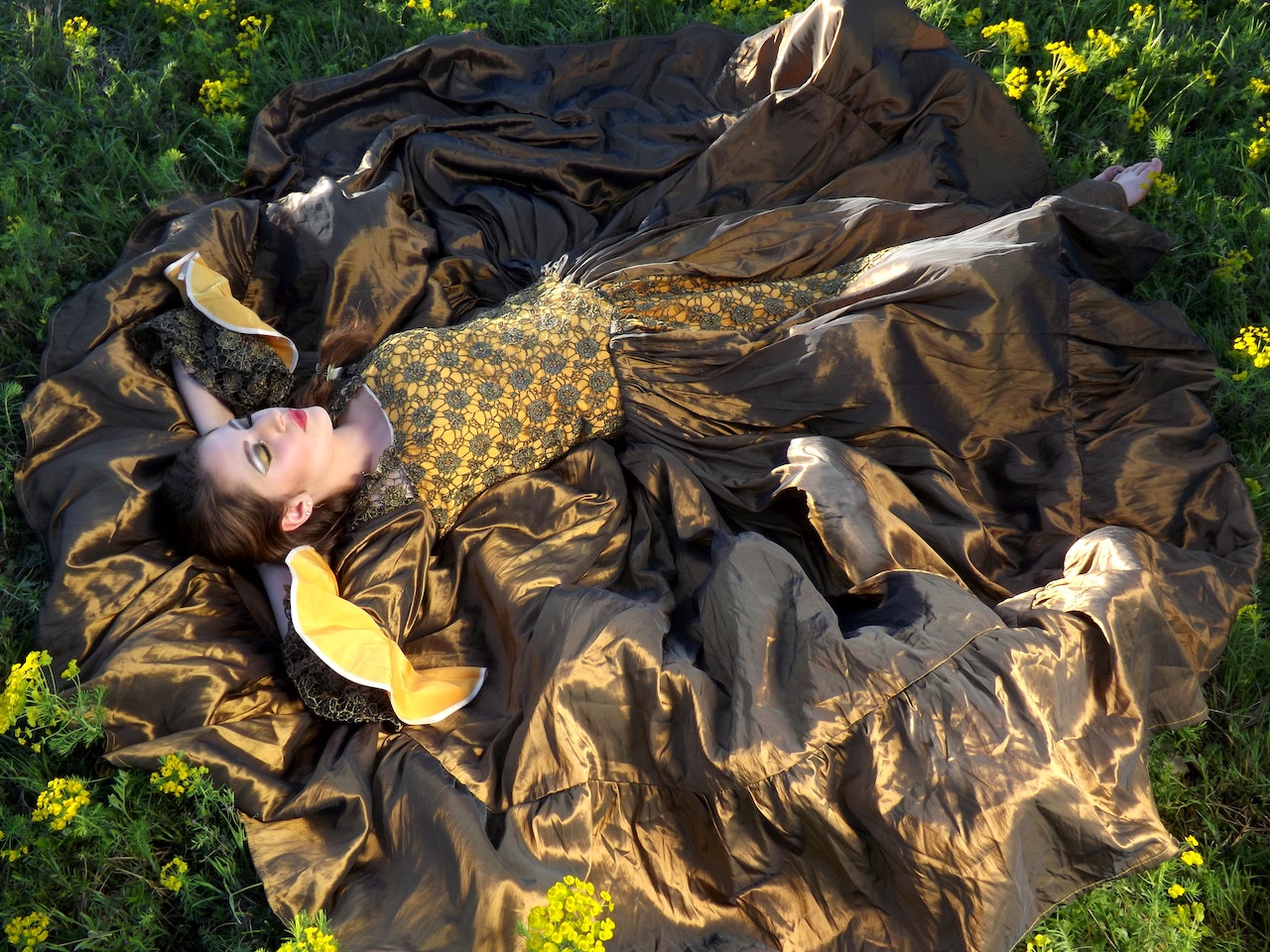Are We Living In A Dream - Investigating The Dream Hypothesis
The idea that we might be living in a dream, or some sort of simulated reality, has been explored in philosophy, science fiction, and even scientific research. In this article, we'll examine the arguments for and against the idea that are we living in a dream, and what it could mean for our understanding of reality.
Author:Suleman ShahReviewer:Han JuFeb 23, 202317 Shares388 Views

Have you ever had a dream that felt so real, you were convinced it was actually happening? What if I told you that our reality could be just like that - a dream that we mistake for real life?
The idea that we might be living in a dream, or some sort of simulated reality, has been explored in philosophy, sciencefiction, and even scientific research. In this article, we'll examine the arguments for and against the idea that are we living in a dream, and what it could mean for our understanding of reality.
What Is The "Dream Hypothesis"?
The "Dream Hypothesis" is the idea that our reality could be nothing more than a dream or an illusion. This concept has been explored in many different cultures and belief systems throughout history, from the Hindu concept of "Maya" to the ancient Greek philosopher Plato's "Allegory of the Cave". In recent years, the idea has gained new traction with advancements in technologyand the development of virtual reality.
One of the most famous proponents of the Dream Hypothesis was the French philosopher René Descartes, who famously wrote, "I think, therefore I am". Descartes believed that the only thing he could be certain of was his own existence and that everything else could be an illusion or a dream.
Arguments For The Dream Hypothesis
One of the most compelling arguments for the Dream Hypothesis is the idea that we can never truly know what reality is. Our brains receive information from our senses, which are then processed and interpreted to create our perception of the world around us.
However, our senses are not infallible and can be easily tricked or deceived. For example, optical illusions and hallucinations can make us see things that aren't really there. If our perception of reality is based on these flawed senses, how can we be sure that what we perceive is actually real?
Another argument for the Dream Hypothesis is the idea that our reality seems to follow certain rules and patterns that are similar to those found in dreams. For example, in dreams, we often experience things that are physically impossible in the real world, such as flying or talking to animals.
Similarly, in our reality, we have concepts like time, space, and gravity that seem to follow certain rules and laws, but that we can't fully explain or understand. Could it be that these rules are just part of the dream that we mistake for reality?
Arguments Against The Dream Hypothesis
While the Dream Hypothesis is an intriguing idea, it's not without its critics. One of the main arguments against the idea is the concept of Occam's Razor, which states that the simplest explanation is usually the correct one.
In other words, it's more likely that our reality is real and not a dream, simply because it's the most straightforward explanation. The Dream Hypothesis requires a lot of complex assumptions and explanations that are difficult to prove.
Another argument against the Dream Hypothesis is the idea that our reality seems to be too consistent and coherent to be a dream. While dreams are often disjointed and illogical, our reality follows a consistent set of physical laws and patterns that we can observe and study. This consistency suggests that our reality is real and not just a figment of our imagination.
What Would It Mean If We're Living In A Dream?
If the Dream Hypothesis is true, it would have profound implications for our understanding of reality. It would mean that everything we think we know about the world around us is just an illusion and that the true nature of reality is something entirely different. It would also mean that the concepts of time, space, and even causality might not be as fixed and immutable as we once thought.
However, it's important to note that even if the Dream Hypothesis is true, it doesn't necessarily mean that our reality is meaningless or that our experiences aren't valuable. Furthermore, the Dream Hypothesis might even offer some comfort to those who are afraid of death or the ultimate meaninglessness of life.
If our reality is just a dream, then death might not be the end - we might simply wake up to another reality. And if everything we know is just an illusion, then we're free to create our own meaning and purpose in life.
What If Life Is A Dream And When We Die We Wake Up
The idea that life may be a dream and that we may wake up after death is a fascinating concept that has been explored in philosophy, science fiction, and even some scientific research. This idea is often referred to as the "Dream Hypothesis," and it suggests that the world we perceive as real may actually be a product of our imagination, much like a dream.
One of the key arguments for the Dream Hypothesis is that we can never know for certain whether our perceptions of reality are accurate or not. We rely on our senses and our cognitive abilities to interpret the world around us, but there's no way to be certain that what we perceive is actually real.
The idea that life may be a dream and that we might wake up after death is a thought-provoking concept that has been explored by many great thinkers throughout history.
While there's no scientific evidence to support this idea, it remains a fascinating and intriguing philosophical concept. Regardless of whether or not our reality is a dream, what's important is that we make the most of the time we have and find meaning and purpose in our lives.

Are We Living In a Dream?
People Also Ask
Is There Any Scientific Evidence To Support The Idea That We Are Living In A Dream?
No, there is no scientific evidence to support the idea that we are living in a dream.
Do You Know What The Dream Hypothesis Is?
The Dream Hypothesis is the idea that our perceptions of reality may actually be a product of our imagination, much like a dream.
What Are Some Arguments In Favor Of The Idea That We May Be Living In A Dream?
Arguments in favor of the idea that we may be living in a dream include the subjective nature of our perceptions and the Simulation Hypothesis, which suggests that our entire reality may be a computer simulation.
Conclusion
In conclusion, the idea that are we living in a dream is an intriguing and thought-provoking concept that has been explored in philosophy, science fiction, and scientific research. While there are compelling arguments for and against the Dream Hypothesis, the truth is that we may never know for sure whether our reality is real or just a dream.

Suleman Shah
Author
Suleman Shah is a researcher and freelance writer. As a researcher, he has worked with MNS University of Agriculture, Multan (Pakistan) and Texas A & M University (USA). He regularly writes science articles and blogs for science news website immersse.com and open access publishers OA Publishing London and Scientific Times. He loves to keep himself updated on scientific developments and convert these developments into everyday language to update the readers about the developments in the scientific era. His primary research focus is Plant sciences, and he contributed to this field by publishing his research in scientific journals and presenting his work at many Conferences.
Shah graduated from the University of Agriculture Faisalabad (Pakistan) and started his professional carrier with Jaffer Agro Services and later with the Agriculture Department of the Government of Pakistan. His research interest compelled and attracted him to proceed with his carrier in Plant sciences research. So, he started his Ph.D. in Soil Science at MNS University of Agriculture Multan (Pakistan). Later, he started working as a visiting scholar with Texas A&M University (USA).
Shah’s experience with big Open Excess publishers like Springers, Frontiers, MDPI, etc., testified to his belief in Open Access as a barrier-removing mechanism between researchers and the readers of their research. Shah believes that Open Access is revolutionizing the publication process and benefitting research in all fields.

Han Ju
Reviewer
Hello! I'm Han Ju, the heart behind World Wide Journals. My life is a unique tapestry woven from the threads of news, spirituality, and science, enriched by melodies from my guitar. Raised amidst tales of the ancient and the arcane, I developed a keen eye for the stories that truly matter. Through my work, I seek to bridge the seen with the unseen, marrying the rigor of science with the depth of spirituality.
Each article at World Wide Journals is a piece of this ongoing quest, blending analysis with personal reflection. Whether exploring quantum frontiers or strumming chords under the stars, my aim is to inspire and provoke thought, inviting you into a world where every discovery is a note in the grand symphony of existence.
Welcome aboard this journey of insight and exploration, where curiosity leads and music guides.
Latest Articles
Popular Articles
